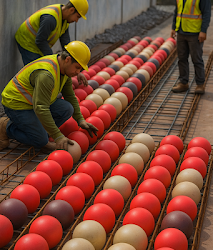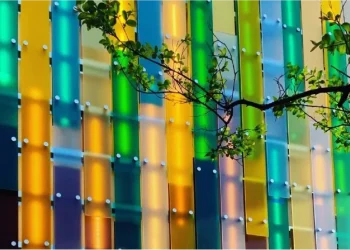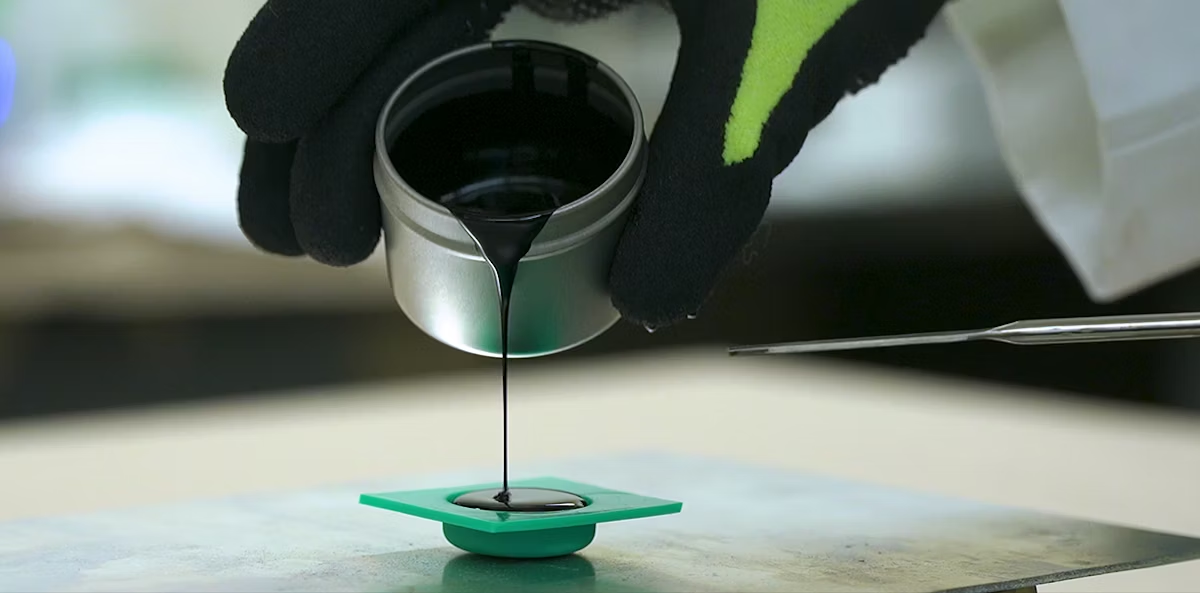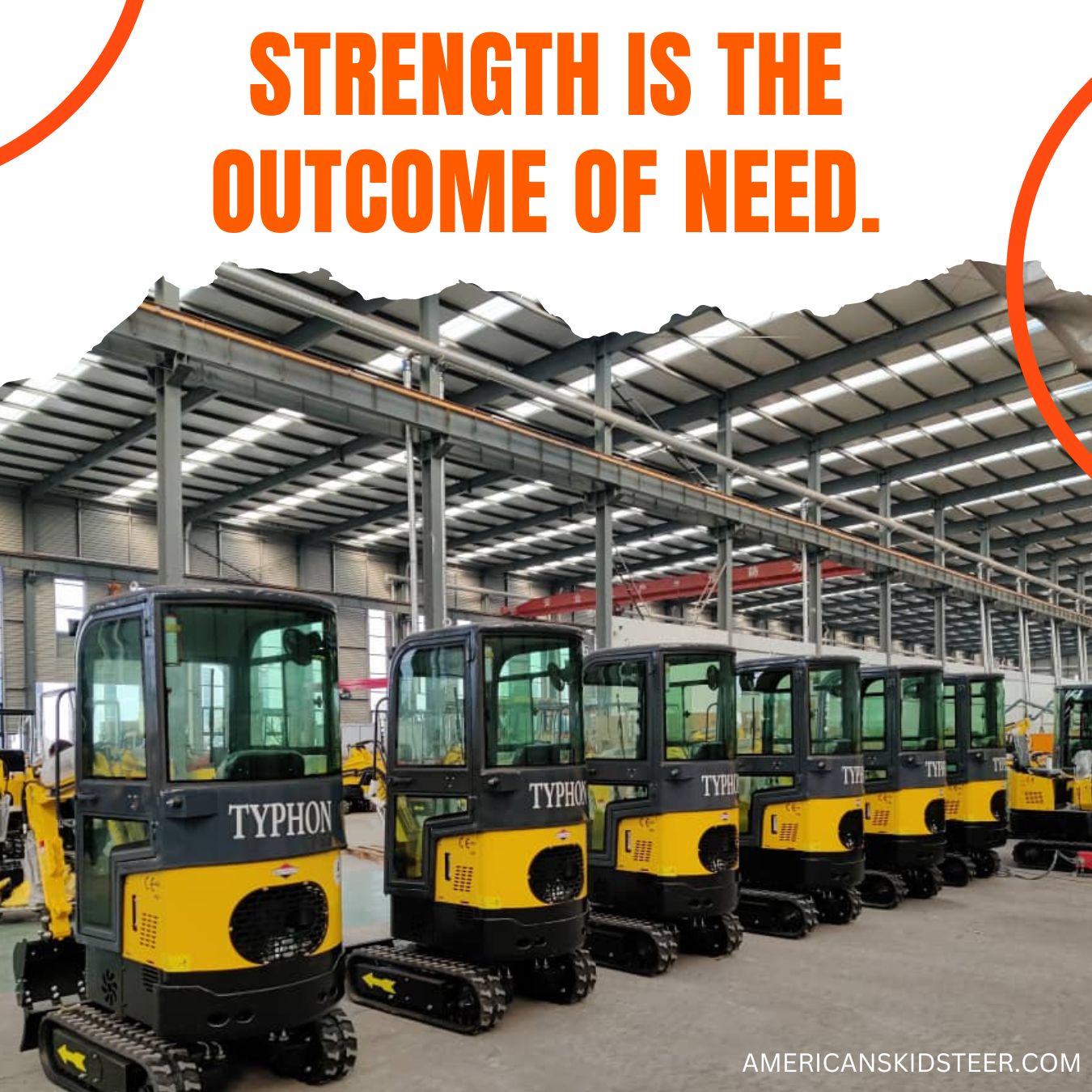If the United Kingdom house-building trade stands any likelihood of assembly Keir Starmer’s goal of one.5 million new properties via 2030 then it’s going to want a number of constructing fabrics like plasterboard.
Many of us doubt that such an formidable goal might be met – certainly the chancellor herself conceded in her Spring commentary that the general determine is perhaps lower than 1.3 million.
A loss of capability, because of shortages of each labour and fabrics, is a significant component.
However world fabrics manufacturer Etex is assured {that a} scarcity of plasterboard may not be a part of the issue for British developers: it has simply unveiled a brand new £1.7m manufacturing line for its Siniat plasterboard logo on a website online adjoining to its current plant in Bristol.
Etex says that, with the final touch of the brand new manufacturing facility, it will probably now producer just about all the plasterboard it sells in the United Kingdom proper right here – at its new manufacturing line in Bristol and at its current manufacturing facility in Ferrybridge, Yorkshire.
Etex has owned the outdated Bristol plant since 2011 when it purchased the trade from French fabrics massive Lafarge and rebranded the product Siniat.
The explanation in the back of the brand new £1.7m plant is “to make extra board in the United Kingdom – that’s it,” says John Sinfield, UK and Eire nation supervisor for Etex.
“The United Kingdom is our 2d biggest marketplace – in Etex, this is – and we’re assured within the enlargement of the marketplace on this territory.
Sinfield welcomes Starmer’s pre-election promise to ‘again the developers, no longer the blockers’: “It was once pledged to get Britain constructing once more – we again that all of the manner,” he says.
“Making an investment in expanding capability forward of the curve is our stamp of self assurance within the approaching – fairly talking – enlargement of the marketplace. When the call for comes, we’ll be in a position.”
He provides: “Starmer has proven a just right degree of aspiration. The federal government will get development, it understands the trade. It simply has to create the best prerequisites for enlargement.”
After all, when Etex first introduced plans for the brand new plant, in November 2019, it was once a Conservative executive, no longer a Labour one, that was once in energy. And at the moment an enormous cloud of uncertainty hung over UK markets within the wake of the Brexit vote and the continued fight to barter a care for the EU.
However, boosting UK production capability for the United Kingdom marketplace undoubtedly gave the impression of the sensible factor to do at the moment. However Sinfield performs down the position of the Brexit vote in Etex’ choice to construct the plant, mentioning that generating subject matter to your 2d biggest marketplace inside that territory is solely just right trade.
He additionally observes that making an investment all the way through a length of low call for additionally makes just right sense. “The problem for any trade is understanding when to speculate however it’s very best to do it when call for is fairly low in anticipation of enlargement in call for,” he says.


With the hole of the brand new plant, Etex has ceased imports to the United Kingdom from its Belgian manufacturing facility – which Sinfield concedes is hard at the Belgians however crucial to the method.
“The plasterboard marketplace has fluctuated so much, particularly since Covid, however we’re now self-sufficient. That’s very reassuring given the present turmoil in world industry,” he says.
“Bristol and Ferrybridge are similarly vital to the trade. Now we have mothballed the second one line at Bristol because of marketplace call for however it’ll stay on website online and might be to be had if essential because the marketplace and insist develop.”
Just about all plasterboard merchandise within the Siniat vary might be manufactured in the United Kingdom to any extent further, together with Climate Defence, Siniat’s specialized gypsum-based exterior sheating product which is these days imported from France. “This Easter we commence trials of Climate Defence manufacturing and we are hoping so as to manufacture it in Bristol via the 3rd or fourth quarter of 2025,” says Sinfield.
The only product that gained’t be made this is LaDura, Siniat’s high-impact choice to straightforward gypsum fibreboard which may be made in France.
“LaDura is an overly specialized product and it represents most effective about 2% of UK gross sales. It actually doesn’t make sense to fabricate it right here,” explains Sinfield.
As could be anticipated, sustainability and carbon aid has been a significant factor within the design, specification and development of the brand new plant.
“Simply the truth that we don’t need to import such a lot product from Europe implies that our carbon footprint is smaller,” says Sinfield.
“However we’re additionally harvesting rainwater which might be used within the manufacturing procedure and we have now warmth exchangers to take waste warmth shape the manufacturing line to feed the driers,” he provides.

Different ‘inexperienced’ enhancements come with set up issues for sun PV, electrical automotive charging issues and (sooner or later) a completely electrical forklift fleet.
Etex additionally hints at “new applied sciences” constructed into the manufacturing line to give a boost to efficiency and sustainability – regardless that Sinfield is coy about sharing any main points because of “industrial sensitivities”.
One issue that Etex is proud to percentage is its use of recycled gypsum in its product vary.


Gypsum is a type of fabrics that may be described as ‘infinitely recyclable’: pound it to a mud and blend it with water and it units arduous. Grind it to a powder once more and also you’re again to sq. one: simply upload water.
“We’re a global chief in using recycled content material within the board we produce,” says Sinfield. “We’re additionally immensely happy with our Common board in the United Kingdom and its 30% SCS [Supply Chain Sustainability School] qualified pre- and post-consumer recycled content material.
“This quantity will most effective keep growing and our new manufacturing facility will play a key position in that,” he says.
The Provide Chain Sustainability College is an organisation that brings in combination shoppers, contractors and product producers to hunt enhancements within the sustainable use of development fabrics. Etex claims to be the primary UK producer to have its recycled content material qualified in new merchandise via SCS.
The corporate has been the use of recycled gypsum in its manufacturing for a number of years. However the price of intercepting the waste move, isolating the gypsum from the paper sheathing and processing the uncooked subject matter to a suitable high quality same old has supposed the till fairly just lately little or no plasterboard has been recycled.
Maximum post-consumer plasterboard has been dumped in landfill, despite the fact that that is in itself problematic. When it breaks down, gypsum reacts with natural subject to provide hydrogen sulphide gasoline and so needs to be disposed of one after the other to forestall contamination.
Etex was once considered one of a variety of producers, recycling companies, demolition contractors and universities excited about Gypsum2Gypsum, a three-year EU-funded analysis challenge introduced in 2013. This workout demonstrated that it’s possible in follow to re-incorporate as much as 30% of recycled gypsum in plasterboard production.
In 2017 Etex took over a failed gypsum recycling plant in Worcestershire and arrange a brand new trade, Crucible Gypsum Recycling, to optimise the float of recycled subject matter again into the producing procedure.
As of late, Etex not runs Crucible. “We these days function choice subject matter reclaim and reuse practices,” says Sinfield.
He explains: “Once we bought Crucible we got here to grasp that it required a point of specialisation and funding that didn’t justify that degree of vertical integration.”
Etex concluded that probably the most sensible technique was once for Siniat to be aware of the advance and manufacture of plasterboard and related merchandise and go away the recycling to the experts. “It doesn’t make sense for us to introduce utterly new actions that may distract from our core job,” says Sinfield.
Etex does function its personal gypsum quarries in mainland Europe – quarried gypsum is in fact nonetheless the principle feedstock for its merchandise – however does no longer really feel the wish to perform its personal recycling.


“Different plasterboard producers are extra vertically built-in however we determined it was once an excessive amount of of a distraction,” says Sinfield.
That stated, Etex has established provide partnerships with 3 recycling experts, two situated within the Bristol space and the 3rd in Doncaster to offer the Ferrybridge plant.
The brand new Bristol plant is these days nonetheless within the commissioning segment however will have to be in complete manufacturing via the top of the 12 months. By way of then Sinfield hopes to peer the primary culmination of the federal government’s coverage to get Britain constructing.
“In spite of some financial rockiness, we’re seeing a transparent center of attention on serving to development in the United Kingdom marketplace recuperate,” he says, bringing up chancellor Rachel Reeves’ promise to plough £600m into development abilities coaching as proof of the federal government’s dedication.
“Pledges equivalent to those supply much-needed balance. Motion is in the best route and we have now religion that we will be able to see enlargement this 12 months – decrease and slower than possibly we to start with predicted – however enlargement nevertheless.
“We wish to, and making an investment in, the long run.”
Were given a tale? E mail information@theconstructionindex.co.united kingdom










